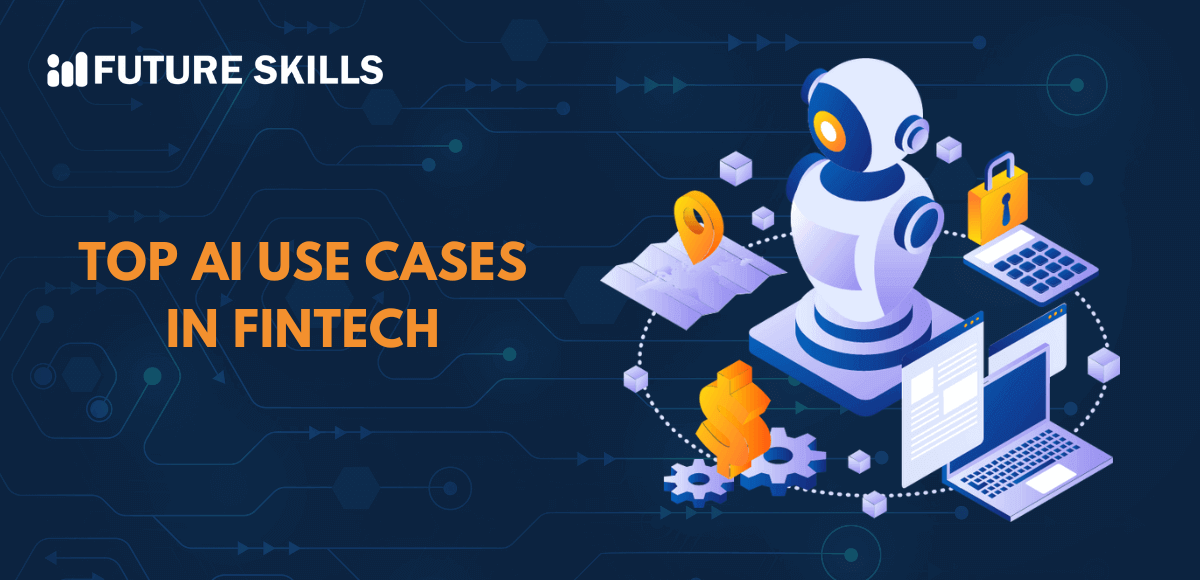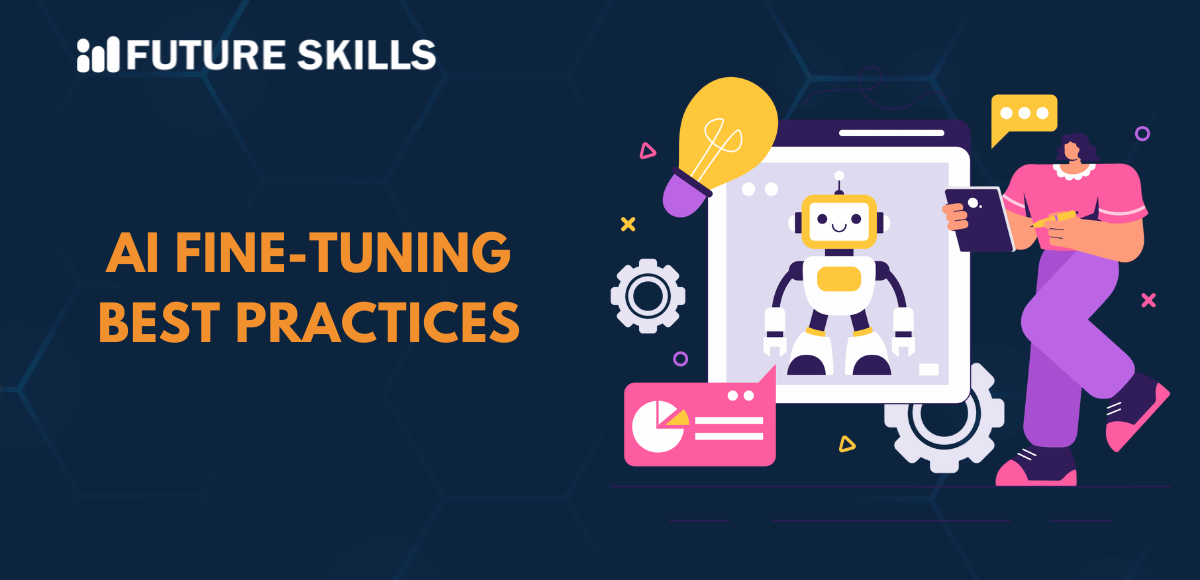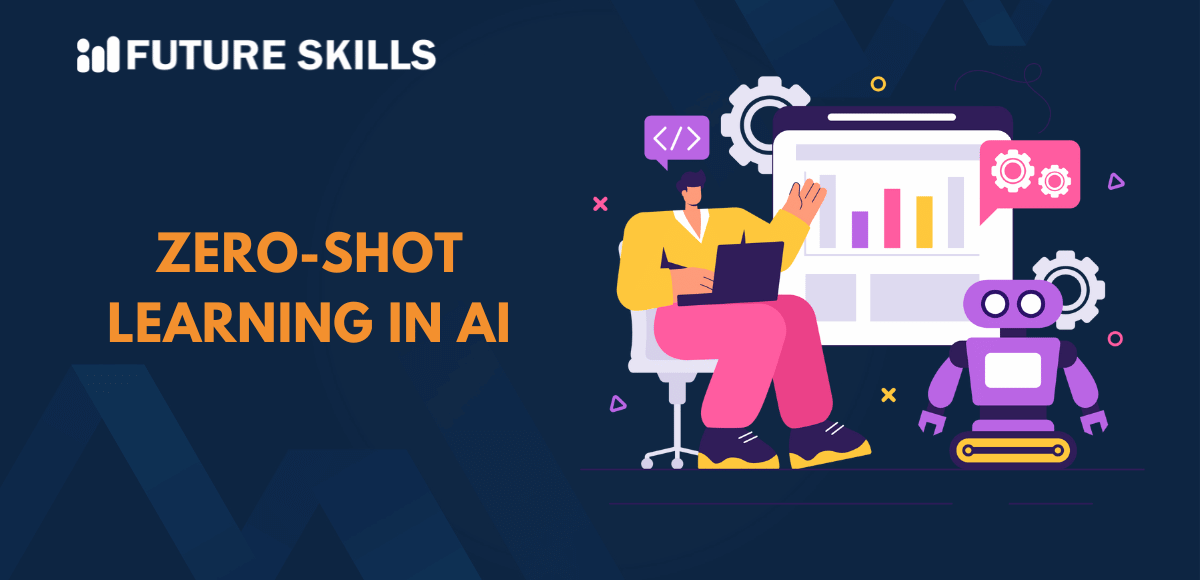Today, Artificial Intelligence has emerged as one of the most promising technologies that is redefining diverse domains. A specific field that has undergone a radical change due to AI is none other than the financial technology sector. This is the field where technology and financial services come together and value is created for the audience by offering novel fintech solutions.
The global AI in fintech market is expected to reach USD 41.16 billion by the year 2030. It shows that AI holds immense promise in the fintech arena. Although the Artificial Intelligence technology is in its nascent stage, its adoption has been growing exponentially within Fintech. Let’s look at the top AI use cases in fintech to understand its true potential.
Advance your career with the Certified AI Security Expert (CAISE)™ certification—master LLM security, adversarial machine learning, and advanced AI defense mechanisms to combat real-world AI risks with confidence.
Top Uses of AI in Fintech
Today, Artificial Intelligence is being used in the fintech domain for diverse purposes. Although AI is still evolving, it has shown massive potential. For instance, by leveraging AI, processes have become much more streamlined in nature. Similarly, efficiency within fintech has reached new heights thanks to automation. Some of the top AI use cases in fintech that you must be aware of are:
Robo-Advisors
Robo-advisors refer to AI-based platforms that offer automated and algorithm-powered financial planning solutions. Within a short span of time, these advisors have gained massive popularity among modern customers. Fintech companies have been integrating AI capabilities to serve millions of customers in a prompt and efficient manner.
By leveraging AI to the fullest, companies are able to assess the market conditions on a real-time basis. Thus, they are able to offer valuable pieces of advice to their customers by taking into account their risk tolerance. As a result, a win-win situation is created for customers and fintech service providers.
Detection of Fraud
A common risk that fintech companies face revolves around the possibility of fraud. The adoption of AI in fintech has simplified the fraud detection process. Fraud detection using AI in banking has become a common practice today. In fact, AI models and Machine learning algorithms serve as ideal tools that help to locate anomalies. In the fintech space, companies have started leveraging AI to identify patterns and check suspicious activities.
Today, it has become a common practice to analyze transactions on a real-time basis and strengthen Fraud detection using AI in banking. It enables firms to monitor the behavior of users and understand their habits. Furthermore, it creates an opportunity to detect fraudulent activities involving credit cards.
Credit scoring function
Credit scoring is an important function that fintech companies have to engage in on a regular basis. The traditional credit scoring process had limitations due to the presence of limited data points. However, thanks to the integration of AI, fintech firms are able to access a diverse range of data sources to explore the creditworthiness of their potential customers.
With the help of machine learning models, it is possible to evaluate a large number of databases. As a result, companies are able to evaluate the financial reliability of their potential and existing customers in an accurate manner. It is undoubtedly one of the top AI use cases in fintech that creates value for both lenders and borrowers.
Algorithmic Trading
If you are wondering, what is the use case of AI in financial services? You cannot ignore algorithmic trading. This type of trading involves the use of AI models for executing trades in a highly scalable and efficient manner. It is undoubtedly one of the most popular fintech AI use cases today.
AI-powered systems are capable of processing enormous volumes of data in an accurate manner. These systems consider price movements on a real-time basis, news headlines, and other relevant information. It is among the top AI use cases in financial services that has been gaining momentum in recent times.
Customer Service Chatbots
In recent times, AI-based customer service chatbots have gained high popularity among fintech customers. It is certainly among the top AI use cases in financial services. By interacting with such chatbots, companies can promptly respond to the queries of their customers.
This practice has also contributed to the heightened productivity of human customer service agents. This is because they are able to focus on more important tasks. So, while answering the question – What is the use case of AI in financial services? One has to take into account the revolutionized customer service function.
Risk Management
Fintech companies have to engage in rigorous risk management practices. These entities need to accurately identify a diverse range of risks. It could be because of market volatility, cyberattacks, credit defaults, etc. This is when Artificial Intelligence technology comes into the picture. Fintech firms can streamline their risk management practice by integrating AI capabilities.
By strategically deploying Artificial Intelligence, companies in the fintech space can carry out predictive analysis. Thus, they can anticipate risks in a timely manner and adopt a proactive approach to deal with them. In the highly volatile setting, AI technology has emerged as a breath of fresh air for fintech companies.
Familiarize yourself with the best practices for implementing AI and fintech solutions With AI and Fintech Course.
Challenges in Implementing AI in Fintech
The rising fintech AI use cases show that AI is being rapidly adopted by fintech companies. However, these companies also face several challenges on their path. The common challenges include:
Regulatory Requirements
A common challenge for fintech firms while adopting Artificial Intelligence technology involves complex regulatory requirements. As the financial services industry is highly regulated, it is fundamental to take into account the relevant pieces of legislation and regulations. In fact, the lack of compliance with important regulations may lead to legal complexities or fines for fintech companies.
Quality of Data
The effectiveness of Artificial Intelligence systems relies on the quality of available data. The quality of data may be poor due to the highly fragmented nature of the fintech sector. As a result, it may impede the effectiveness of AI systems in the fintech arena.
Privacy as well as security issues
Another grave challenge is related to security and privacy. As sensitive and confidential data is used by fintech firms, one cannot negate the possibility of cyberattacks. Due to malicious actors such as cybercriminals and online hackers, data breaches may become a common occurrence. Thus, fintech firms must deploy robust controls to protect the privacy of their stakeholders.
Understand how fintech is revolutionizing finance and develop a career with our Fintech Certification Program. Enroll now!
Final Words
Artificial Intelligence has been serving as a transformative force in the fintech realm. Its adoption has reached new heights. Some of the main use cases of AI in fintech include robo-advisors, detection of fraud, credit scoring, algorithmic trading, customer service chatbots, and risk management.
To understand the true promise the AI holds in the fintech setting, it is essential for you to understand the associated challenges. Some of the main challenges that have been identified are regulatory compliance, security and privacy concerns, and data quality. By looking at the use cases along with the challenges, one can comprehend the true potential of AI in fintech.






